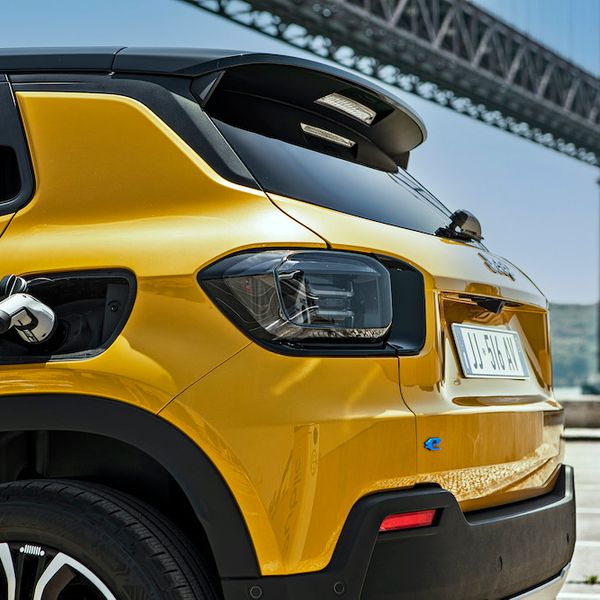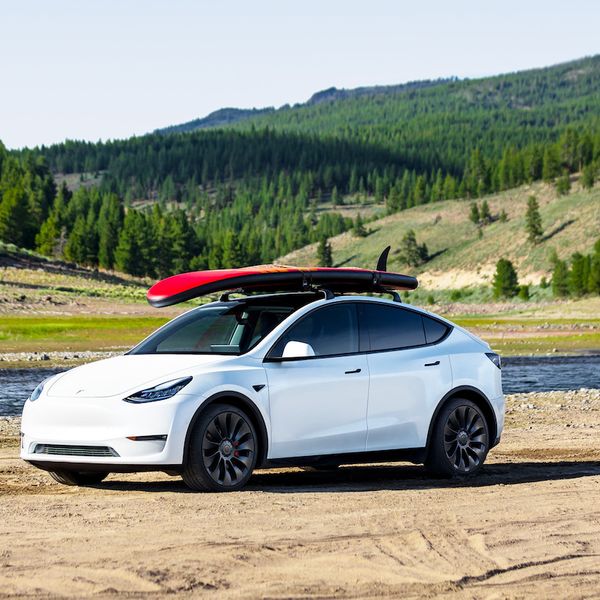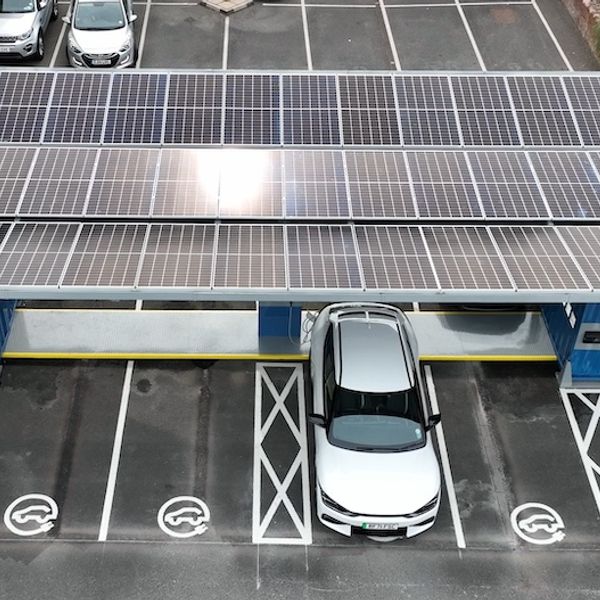Pioneering UK energy provider Octopus has announced that its first vehicle to grid (V2G) trial has been a success and now wants to expand the technology to benefit more customers. The trial, which was conduced with National Grid ESO, tested what’s known as a Balancing Mechanism – a key bit of technology used by National Grid ESO to balance Great Britain’s electricity system in real-time.
This is the first time that vehicle-to-grid technology has been demonstrated in the UK to show that electric vehicles can receive a direct signal from the ESO to support system balancing. It marks a major turning point in electricity supply and means that in the future, consumers could play a direct role in balancing the national transmission system through their electric vehicles.
In a series of initial tests run in August 2022, Octopus charged and discharged the batteries of up to 20 electric cars from participating customers at times of grid imbalance.
These tests have demonstrated the potential benefit of vehicle-to-grid charging – an hour of a million electric cars exporting to the grid could generate the same amount of power as 5,500 onshore wind turbines.
![]() Octopus' data suggests that a million electric cars could generate the same amount of power as 5,500 onshore wind turbines
Octopus' data suggests that a million electric cars could generate the same amount of power as 5,500 onshore wind turbines Separate analysis from Octopus Energy’s electric vehicles arm shows that if the trial results were extrapolated across a whole year, electric vehicles could realise a profit of around £62 million per year, while also saving non-participating customers money through grid balancing cost reductions.
It doesn’t just benefit the system either. Further Octopus analysis shows customers could realise a potential saving of up to £840 per year when compared to unscheduled charging on a flat rate tariff.
Several large car brands - including Hyundai and Volkswagen - have committed to include V2G technology in their new electric cars, further emphasising the potential of the technology.
When a service is up and running, consumers could save cash off their energy bills as the Balancing Mechanism incentivises the use of their car battery as a balancing device, contributing to reduced balancing costs across the network, which will help to reduce bills for all energy consumers.
Octopus Energy Group’s Kraken platform works in the background to match this customer schedule with grid signals to provide flexibility as a service and seamless charging to customers. And if those signals occur outside the tariff windows - which typically are between 23:30-05:30 for import and 16:00-19:00 for export - customers will still benefit from the lowest import and highest export prices thanks to Kraken’s flexibility and customer first approach. This means that if customers need to charge for a departure, their cars will not be used for grid use.
![]() Volkswagen is one of many car brands looking to unlock the potential of bi-directional charging and vehicle to grid tech
Volkswagen is one of many car brands looking to unlock the potential of bi-directional charging and vehicle to grid tech  Octopus' data suggests that a million electric cars could generate the same amount of power as 5,500 onshore wind turbines
Octopus' data suggests that a million electric cars could generate the same amount of power as 5,500 onshore wind turbines 













